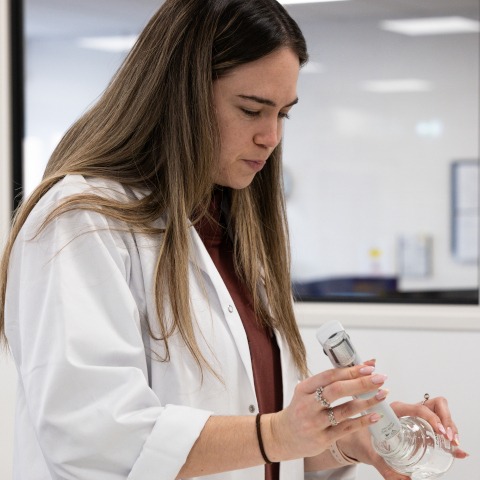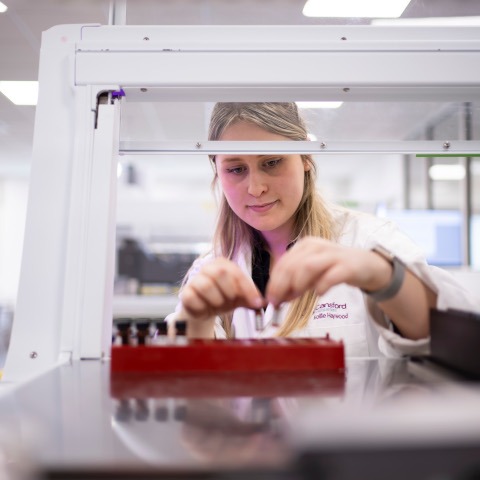The week beginning 4th November is the inaugural Family Court Reporting Week, an initiative aimed to increase the transparency of family court proceedings by opening them up to journalists.
This is on the back of a pilot in 2021 in which, Sir Andrew McFarlane, president of the Family Division, asserted that a major shift in culture was needed in family courts to increase transparency and enhance public confidence, warning that the family justice system is suffering from serious reputational damage because it is, or is perceived to be, “happening behind closed doors”.
At Cansford, we support this commitment to transparency for all our clients, and as such we endeavour to ensure that our part in the family court process is as open and clear as possible.
Family Courts have incredibly high stakes
Family courts deal with all legal issues that concern children and families. This might include physical, sexual and emotional abuse, domestic abuse, and disputes around child contact between separating parents.

These cases can be incredibly complex and have a myriad of factors that must be considered to reach the best outcome. Some cases also have external elements, like drug and alcohol use, that can significantly affect the decisions made.
This is where we come into the proceedings. Providing drug and alcohol testing that is accurate and at a fast turnaround can make or break the child’s or family’s future. Our results and expert witnesses often determine whether a child goes into care or not.
With such high stakes, one can understand why the idea of this work happening ‘behind closed doors’ would cause concern, and fear, among those within the process.
Cansford clarifies drug and alcohol testing for lawyers
We venture to be as clear and transparent at as possible about our work at Cansford. We hope this works to inform the judges, family law professionals, client/donors (families/parents) about the process and results, improving understanding and fairness.
As part of the family court process, we provide a certificate of analysis for each drug or alcohol sample we test. As well as this, we can also offer a detailed, scripted case report for use in court.
This report known as a ‘witness statement’ is written by our expert Reporting Scientists in line with the ‘Standards for Expert Witnesses in Children proceedings in the Family Court’, which are set out in the Annex to Practice Direction 25B. It includes a declaration of the result, information on the qualifications held by the author and details about the sample itself – including date of collection.
We recently redesigned and developed a new-look witness statement to make it as accessible and transparent as possible. This follows extensive feedback from family law professionals, that it would be better for information to be presented in an easy to access format.
The new report design features a summary providing test details, parties involved, and result interpretation as well as the details needed around detection rates and analysis.

Transparency and understanding for family donors
The process for providing drug and alcohol testing results starts outside the courts. The samples need to be collected in the correct way to ensure they come from the right individual and have not been tampered with or contaminated.
Providing a sample can be a stressful experience. Something many donors are keen to avoid – and a lot of this can be due to the unknown. We go out of our way to be as transparent and considerate as possible. With this in mind, we train our collectors to make donors feel at ease, and to preserve the chain of custody of the sample.
With hair testing, we take less hair than many of our competitors and cut in a way that is undetectable after the event. Our dry blood spot alcohol testing method also negates the need for a drawn blood sample, instead using the same finger prick as you’d find in a diabetes test.
Developing our client care guides has helped make the process from start to finish as clear and digestible as possible. The guides, also available in Easy Read, answer FAQs about collection and results. We encourage family lawyers and social workers to share these with their clients, which can be read, watched or listened to, depending on the individual needs and accessibility requirements of the person.
Keeping it clear
Looking forward, and past Family Court Reporting Week, we hope that our openness will increase fairness and knowledge for all. Perhaps each area of the court process will need to play its part to remove the stigma behind the family courts, but we will continue to undertake ours with the greatest transparency possible.




